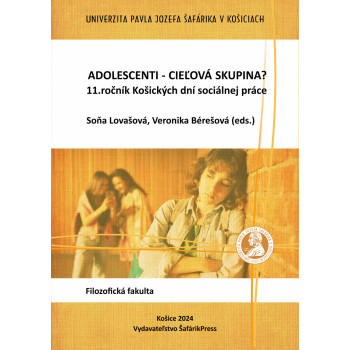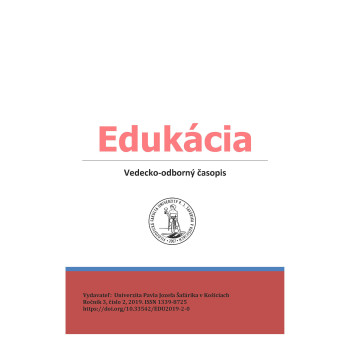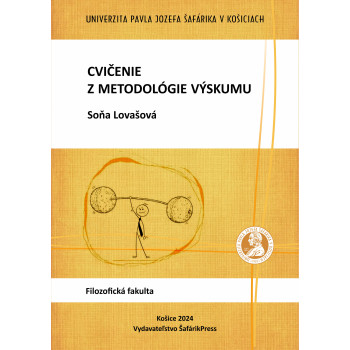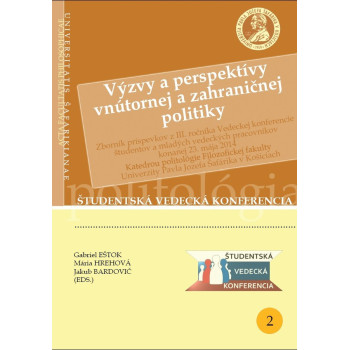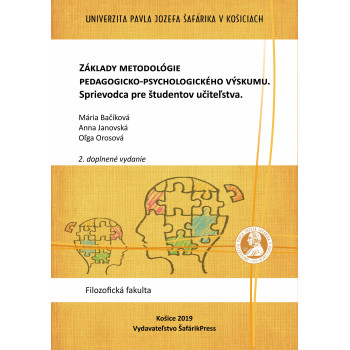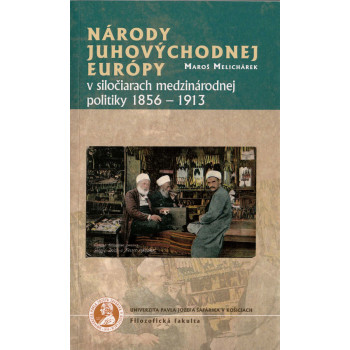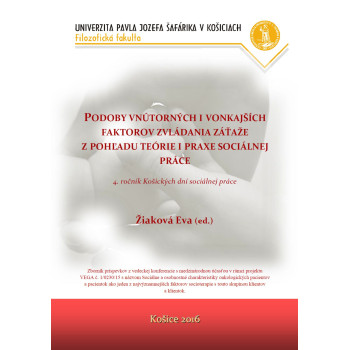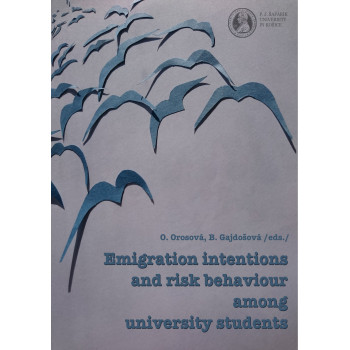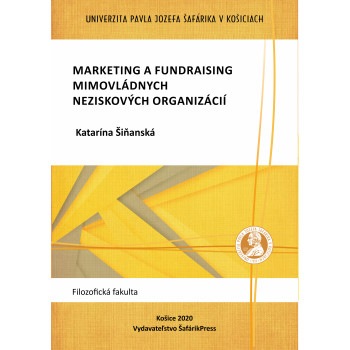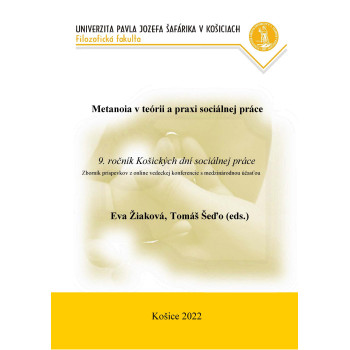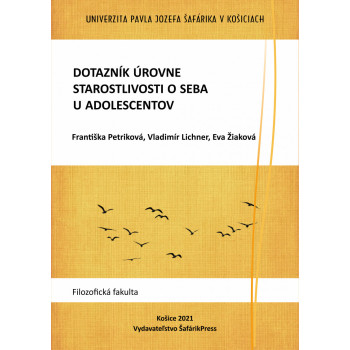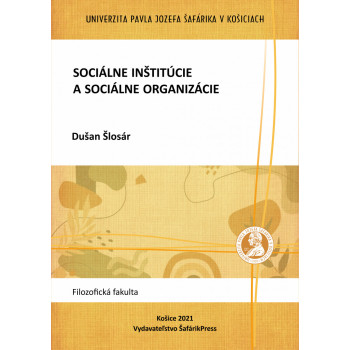
Adolescents - target group?
E-book
Soňa Lovašová - Veronika Bérešová (eds.)
Reviewed proceedings from the scientific conference with international participation held on December 1, 2023, in Košice.
This proceedings volume collects contributions from the 11th annual conference focused on adolescents, reflecting current interdisciplinary issues faced by this age group. It consists of 12 scholarly contributions addressing various aspects of adolescent life, including loneliness, risky behavior, and the phenomenon of radicalization. The contributions are organized into thematic sections, facilitating easier navigation for readers. Topics include prevention of radicalization, family factors, and mechanisms of cyberbullying. The proceedings offer both theoretical and practical insights valuable for professionals in social work, psychology, and other helping professions, aiming to enhance understanding of the current challenges faced by adolescents and propose effective solutions.



